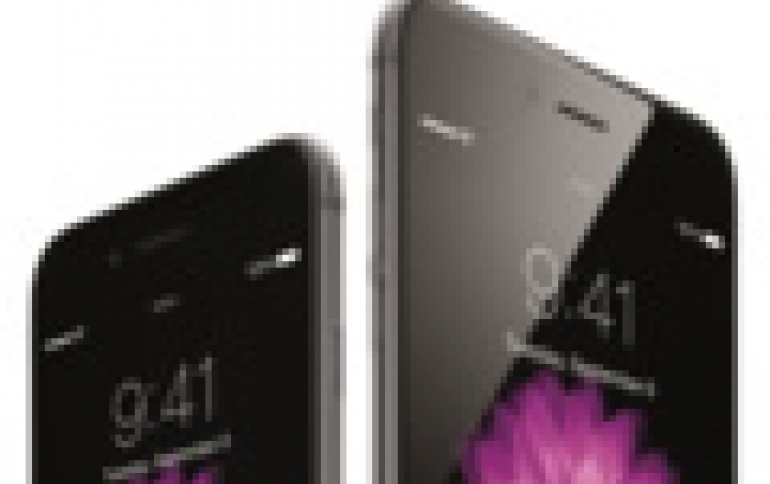
Apple may Have Breached Antitrust Rules in Japan; Former Employee Tried to Steal Self-driving Project Secrets
The Japanese Fair Trade Commission (FTC ) said on Wednesday Apple may have breached antitrust rules by forcing mobile service providers to sell its iPhones cheaply and charge higher monthly fees, denying consumers a fair choice.
The regulator said that the Japanese unit of Apple had forced NTT Docomo , KDDI Corp and SoftBank Group Corp to offer subsidies and sell iPhones at a discount.
"Obliging carriers to offer subsidies (for iPhones) could have prevented the carriers from offering lower monthly charges and restricted competition," the FTC said in a statement.
The carriers sold the iPhones at a discount, the FTC said, giving Apple an advantage over rivals such as Samsung Electronics.
In order to make up for the losses, they locked consumers into lucrative two- and four-year contracts, the watchdog said.
In revising the contracts, Apple has agreed to allow the carriers to offer customers a choice of buying iPhones without subsidies but paying lower .
The FTC, which began looking into Apple's sales practices in 2016, did not punish Apple as the U.S. company had agreed to revise its contracts with the carriers, it said.
Apple did not provide any comment.
Former Apple Engineer Accused of Theft
In related news, a former Apple engineer was arrested on charges of stealing the company's self-driving technology and hand it to a Chinese company, after he passed through the security checkpoint at San Jose International Airport to board a flight to China.
Xiaolang Zhang was accused by U.S. prosecutors of downloading files containing proprietary information as he prepared to leave the iPhone maker in April and start work for Guangzhou-based Xiaopeng Motors, according to a criminal complaint filed Monday in federal court in San Jose, California.
A hardware engineer for Apple's autonomous vehicle development team, Zhang was granted access to confidential company databases, according to the complaint. After he took paternity leave he told Apple in April he was moving back to China to work at Xmotors. Apple grew more suspicious after seeing his increased network activity and visits to the office before he resigned, according to the complaint.
Zhang admitted to the Federal Bureau of Investigation that he downloaded Apple driverless technology files to his wife's laptop to have continued access to them, according to the complaint. He was arrested July 7.
About 60% of the stolen data was deemed "problematic," according to Apple, and included information that the company has registered as intellectual property. Other information Zhang is believed to have stolen includes engineering schematics, technical manuals and technical reports.
According to the indictment released by the FBI, Zhang was hired by Apple in December 2015 to work on a project to develop software for use in autonomous vehicles.
"Although Apple has made general statements to the press about being interested in autonomous vehicle development, the details of Apple's research and development for the project are a closely guarded secret that have never been publicly revealed," the court filing said.
Apple is a latecomer in self-driving, compared with Google and others. But Apple may have already accumulated enough expertise to be concerned about possible technology leaks. In 2015, Apple executives approved a plan to build a self-driving, electric vehicle to take on Tesla Inc. and the Detroit auto industry. Apple hired more than 1,000 engineers.
However, about two years ago, Apple scaled back its plans to build a physical vehicle and has since had a team working on the underlying self-driving software and sensor technology. The self-driving space is exceptionally competitive, with dozens of companies across the world trying to take the lead in the burgeoning field.
Apple has dozens of cars equipped with its software on the road today, but it's still unclear how Apple's reliability stacks up against other industry titans like Uber Technologies Inc. and Google's Waymo division. Apple plans to use its robocar technology on special Volkswagen vans to transport employees between offices. Apple hasn't said how or if it will eventually release its technology to consumers.
About 5,000 of Apple's more than 135,000 full-time employees are disclosed on the car project. Out of those, roughly 2,700 workers have access to one or more Apple databases containing information about the project, according to the complaint.





















